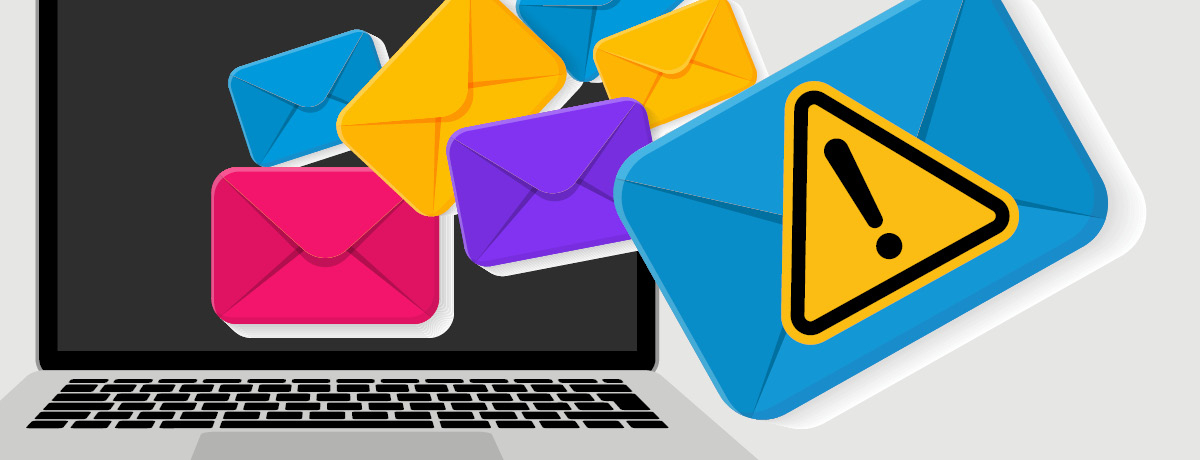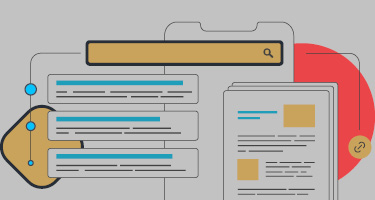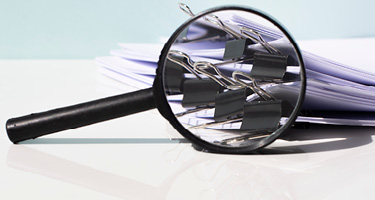PEOPLE WHO RETAIN a lawyer naturally understand the concept of attorney-client privilege—or think they do—but the nuances of this critical legal concept often escape them. In today’s digital age, when email (and innumerable other forms of) communication can be disseminated instantly, clients and, yes, their lawyers need regular reminding that the seemingly innocuous act of forwarding or cc’ing an email could lead to an accidental waiver of this vital privilege.
This veil of privilege exists to shield from disclosure communications between attorney and client; communication intended to provide or facilitate legal advice; that which is predominantly of a legal character; that which is confidential; and communication that is not later waived by revealing the communication, inadvertently or on purpose, to a third party.
It used to be much simpler to ensure that communication stayed private between the two parties. Clients would have typically attended in-person meetings with their lawyer, talked on the phone or exchanged written correspondence via the mail or fax. Today, though, with email readily available on any smart device, attorney-client communication can occur anytime, from anywhere on earth. Greater ease of contact, though, comes at a price: an increased risk of the accidental waiver of privilege.
Once confidential communication is shared with a third party, privilege is waived. While attorneys are reasonably mindful of who is properly included on client communication, they sometimes forget that they must also educate their clients about who can and cannot be part of it.
The habit of cc’ing or forwarding an email chain for the convenience of instantly sharing information has become so ingrained that many people don’t think twice before doing so. In Semsysco Gmbh v. GlobalFoundries Inc. (2019), for example, the New York State Supreme Court found that the plaintiffs waived privilege when Semsysco’s CEO forwarded to the opposing side an email chain containing attorney-client communication, pre-litigation, proposing a settlement. The court found that by intentionally forwarding the “top email” of a chain and “inadvertently” forwarding the privileged communication, the CEO had rendered the privilege moot.
The use of smartphones and email apps increases the likelihood of mishaps. Certain phone apps may combine email chains, whereas a web-based email program does not. This makes it very easy to carelessly reply in the wrong thread.
The concept of a third-party waiver also extends to some people a client might not expect: accountants, consultants, advisors, architects and other parties involved in the matter at hand. It might also apply to family members who are in touch with their relative’s attorney. In Hudson Valley Marine, Inc. v. Town of Cortlandt (2006), for instance, the New York Supreme Court, Appellate Division, Second Department held that no attorney-client privilege existed between the corporation’s lawyer and the son of the firm’s principals given that the plaintiff had failed to demonstrate that the son “was an agent or employee of the plaintiff corporation” when he communicated with the plaintiff’s attorney.
The court found that by intentionally forwarding the 'top email' of a chain and 'inadvertently' forwarding the privileged communication, the CEO had rendered the privilege moot."
There are certainly situations in which attorney-client communication with a third party would not result in a waiver of privilege, but these typically arise only in the narrow circumstance in which the third party is an agent whose presence is necessary to facilitate legal advice. (In Narayanan v. Sutherland Global Holdings Inc. [2018], New York’s Western District Court found privilege was waived because “a communication between an attorney and a third party does not become shielded by attorney-client privilege solely because the communication proves important to the attorney’s ability to represent the client.”)
Similarly, some clients may not understand that communication does not retain privilege simply because an attorney is copied on it. Again, it’s privileged only if it is for the purpose of providing or facilitating legal advice. Many courts have reasoned that copying a lawyer on an email as a secondary recipient is a clear indication that the primary purpose of the communication was not to obtain legal advice.
To prevent these accidental (and utterly avoidable) waivers, lawyers must educate their clients about the scope of attorney-client privilege and the importance of cautious communication. Remind them always to begin emails to an outside party on a separate chain from those with their attorney. Caution them not to cc or forward any emails with their attorney, too; the lawyer should make the decision as to whether bringing in a third party is necessary to facilitate legal advice and that it’s therefore appropriate to include them in the communication.
Gabriella E. Botticelli is an attorney in the firm’s Litigation practice group. She can be reached at gbotticelli@forchellilaw.com or (516) 248-1700.
Danielle E. Tricolla is a Litigation partner at Forchelli Deegan Terrana LLP in Uniondale, NY. She can be reached at dtricolla@forchellilaw.com or (516) 248-1700.
If you need help navigating privilege questions or other legal matters, use the Best Lawyers Find a Lawyer tool to connect with qualified lawyers in your area.































